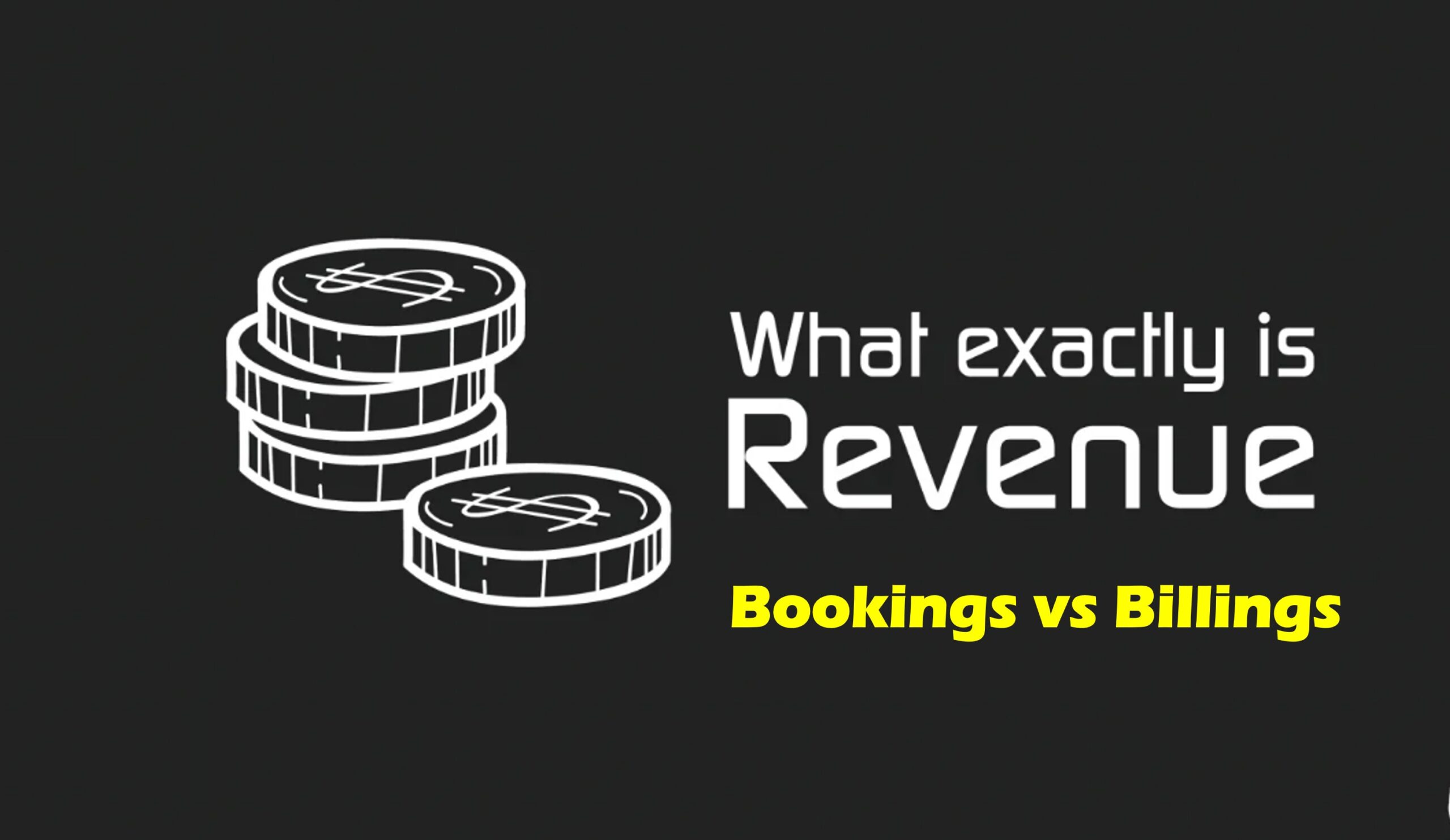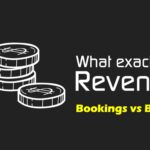Bookings vs Billings
 At last month’s NAED, almost everyone I met asked about expectations for the second half of the year. Overall, distributors were positive whereas many manufacturers were expecting a “flat” market.
At last month’s NAED, almost everyone I met asked about expectations for the second half of the year. Overall, distributors were positive whereas many manufacturers were expecting a “flat” market.
This follows publicly held distributors reporting a good Q1 and manufacturers reporting much lower performance.
So, the disconnect?
Those who remember COVID remember a little term called “supply chain issues.” The reality is the term is still alive and well, albeit for a different reason. Much of the supply chain issue comes from a convergence of electrification initiatives, utility investments (for a variety of reasons), government funding / incentives, for some key components the fact that there are limited suppliers, and a changing labor force. This has created the well-known delays in switchgear and transformers, to name two key product categories.
And then there is the ripple effect. If a project cannot get switchgear, then the additional material for the project is delayed.
So, many had a backlog which is slowly being worked.
At the same time, for many, business has slowed.
This then gets to the issue of the definition of “billings” and “bookings”. For an informed definition of the two we turn to Chris Sokoll from DISC. As most know, DISC has provided the electrical industry with economic forecasting for over 35 years. What some may not know, Chris spent over 20 years working for a master distributor in the electrical industry.
Billings and Bookings
“Billings and Bookings are used to measure a company’s performance and financial health. Electrical industry bookings that were made in 2022 are pushing strong billings performance so far this year while new bookings are slowing. The difference between the two (book to bill ratio) lies in their timing and implications. This is a good metric to consider and share with your sales leadership.
Billings refers to the revenue generated by a company from its products or services that have been delivered or completed during a specific period. It represents the actual invoiced amount that the company has recognized as revenue. In other words, billings reflect the monetary value of goods or services that have been provided to customers and for which payment is due. Billings have tax implications and are what are reported in public disclosures.
On the other hand, bookings represent the value of new contracts or orders that a company has secured from customers during a given period. Bookings indicate the future revenue potential of a company and often serve as a leading indicator of its growth prospects. They reflect the commitment of customers to purchase goods or services from the company in the future.
It is important to note that billings and bookings can sometimes diverge due to various factors, including supply chain delays.
In the electrical industry subjective conversations with both manufacturers and distributors suggest much longer lead times on some product lines than the historical norms. Switchgear can be 6 months to over a year, LED ballasts and fixtures, wire and cable, conduit fittings and steel conduit are all pressed for delivery. Circuit breakers form China and Germany are still recovering from Covid.
Supply chain delays occur when there are disruptions in the production and delivery of goods impacting workflows and construction timelines. This can lead to a gap between when an order is booked and when it is billed. For example, if a company experiences delays in receiving raw materials or components for production, it may not be able to deliver products to customers as scheduled, resulting in a delay in not only the billing but also project completions.
Supply chain delays can have significant implications for a company’s financials. If billings are delayed due to supply chain issues, it can impact cash flow and revenue recognition. Even though the bookings may indicate strong future revenue potential, the delay in billings can create a temporary gap in the company’s cash inflows and affect its financial stability.
Furthermore, backlog, which refers to the accumulation of orders or contracts that have been booked but not yet fulfilled, can provide false positives about economic conditions. A high backlog might be interpreted as a sign of strong demand and business growth. However, a backlog can be misleading if it is primarily driven by supply chain delays or other temporary factors. Unfilled orders sometimes get cancelled.
For instance, during periods of supply chain disruptions or economic uncertainty, customers may place larger orders or increase their order volumes to secure supply. This can result in an inflated backlog that does not accurately reflect the underlying economic conditions or long-term demand.
In summary, while billings and bookings are both important metrics for evaluating a company’s financial performance, they provide different insights. Supply chain delays can impact the timing of billings, affecting cash flow and revenue recognition. Additionally, backlog can give a false impression of economic conditions if it is driven by temporary factors. It is crucial to consider the broader current economics. DISC provides multiple indicators to gain a comprehensive understanding of the electrical industry economic situation.”
Takeaways
- As Chris states “billings and bookings can sometimes diverge.” This is especially true when you are comparing different types of companies. Think about comparing information from a switchgear company versus a lighting or perhaps a electrician supplies company. Different phases of the construction cycle. Or think about a manufacturer versus a distributor. Different product offerings given that a manufacturer is focused on their category, a distributor is an aggregation of multiple product categories.
- Both companies’ sales reporting is accurate. The correct question for a manufacturer to ask, assuming the distributor carries multiple suppliers in a product category, is “how are your sales in our product category?” Then it is an apples-to-apples comparison.
- Looking for growth? This is where a CRM system can benefit a distributor. If a distributor tracks when a backlogged switchgear order is delivered, and they haven’t secured additional product categories for the project, it should be a signal that “future phases will be ‘ready’. Yes, the lighting phase has probably been ordered, but there may be other rough-in needs or finish needs. What triggers is the company providing to sales? It should be “easy” for assigned accounts.
So, when you’re asking about sales, make sure to ask the right question.
Speaking of economic outlook, DISC’s most recent Flash report is now available and there has been a modest upgrade. If you don’t receive and want market insights, click here to order this month’s report or contact DISC to obtain an ElectricalTrends’ discounted rate on an annual subscription.



















